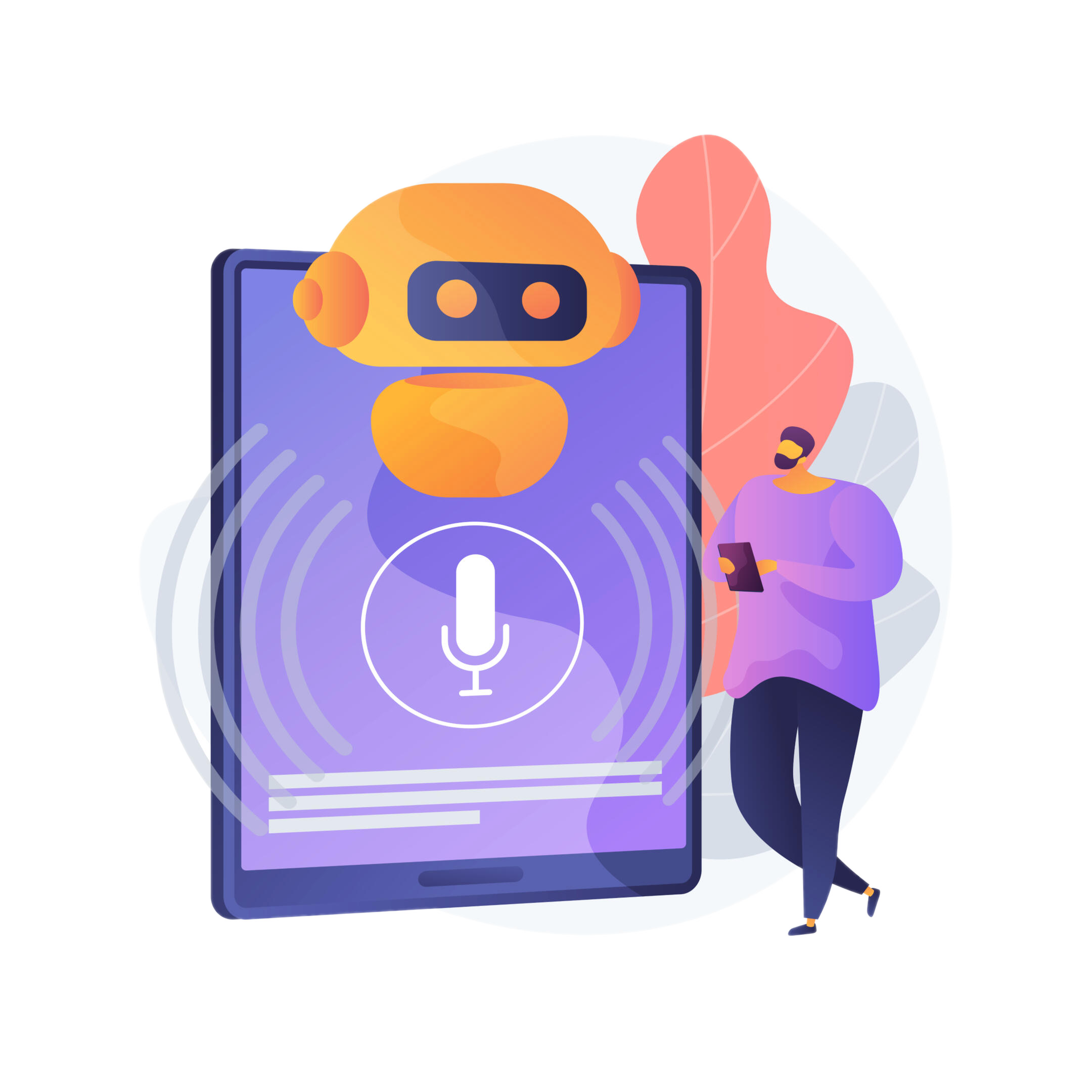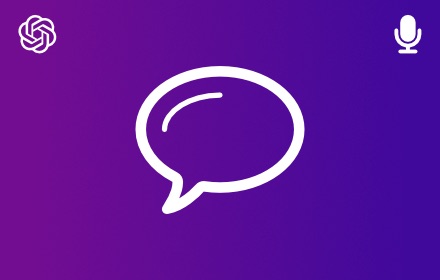Unleashing the Potential: Exploring the Applications of Speech-to-Text Technology Applications
The advent of speech-to-text technology applications has been nothing short of revolutionary, with its impact felt across various industries and aspects of daily life. This transformative technology converts spoken words into written text, making an invaluable contribution to efficiency, accessibility, and innovation. From individuals with disabilities to businesses seeking to optimize their operations, speech-to-text technology has opened up new possibilities and continues to redefine the way we interact with digital devices.
Speech-to-Text in Accessibility
Accessibility is a fundamental aspect where speech-to-text technology applications shine. By enabling voice commands and dictation, individuals who face challenges with traditional input methods, such as those with motor impairments or dyslexia, can interact with technology more easily. For example, composing emails, navigating the web, or creating documents can now be done via voice, thanks to browser extensions like TalkaType. Not only does this make the digital world more inclusive, but it also fosters independence and empowers users to perform tasks that might otherwise be difficult for them.
Furthermore, in educational settings, students with disabilities can benefit greatly from speech-to-text solutions. These technologies allow for real-time captioning of lectures and provide an alternative means for students to participate in class discussions and complete assignments. This results in a more equitable learning environment where all students have the opportunity to engage and succeed.
Enhancing Workplace Productivity with Speech-to-Text
In the realm of workplace productivity, the applications of speech-to-text technology are vast. The transition from typing to speaking can result in a significant boost in the speed of content creation, as people generally speak faster than they type. Professionals from journalists to lawyers and from medical practitioners to marketers are utilizing this technology to dictate notes, write reports, and document proceedings far more quickly than with traditional typing.
Moreover, this technology facilitates multitasking and reduces the strain of manual typing, which can lead to repetitive stress injuries over time. Employees can now capture their thoughts and ideas instantly, which can be particularly useful in meetings or during brainstorming sessions. As we move towards voice-powered workflows, tools like TalkaType are becoming indispensable for enhancing efficiency within the professional space.
The Versatility of Speech-to-Text Technology Applications
The versatility of speech-to-text technology applications is truly remarkable. From personal virtual assistants that manage schedules and set reminders to call center systems that convert customer queries into text for analysis, the range of use cases is extensive. In media, for instance, journalists can benefit from instant transcriptions of interviews, while content creators can use speech-to-text for captioning videos, making content accessible to a wider audience, including those who are deaf or hearing impaired.
The integration of speech-to-text technology with smart home devices has also led to heightened convenience and control. Users can switch lights on or off, adjust thermostats, and even order groceries using just their voice. This integration not only enriches user experience but also paves the way for innovative applications in the Internet of Things (IoT).
In the creative domain, writers and artists are harnessing speech-to-text tools to break through writer's block and capture spur-of-the-moment inspirations. Unlike typing, speaking to write using voice recognition can feel more natural and fluid, often leading to a freer flow of ideas.
Embracing the Future with Speech-to-Text Technology Applications
Looking ahead, the future of speech-to-text technology applications is brimming with potential. Advancements in artificial intelligence and machine learning are continuously improving the accuracy and real-time capabilities of these systems. As these technologies become more sophisticated, we can expect even more seamless and intuitive interactions with our devices.
Moreover, as the technology continues to evolve, we anticipate broader linguistic capabilities, supporting a more diverse range of accents and dialects, thus expanding its global accessibility. Additionally, with increased privacy and security measures, users can feel confident in using speech-to-text solutions like TalkaType for sensitive and confidential tasks.
Conclusion
The journey of speech-to-text technology applications has been transformational, and its trajectory continues to ascend. We have merely scratched the surface of its potential uses, and with each innovation, we unlock new opportunities to simplify tasks, engage with technology on a more human level, and create inclusive environments for everyone. By integrating tools like TalkaType, we open ourselves to a world of possibilities where our voices lead the way in interaction, creation, and access. The future is speaking—let us listen and respond with the power of speech-to-text technology applications.
Subscribe to our newsletter
Subscribe to our newsletter for tips, exciting benefits, and product updates from the team behind Voice Control!
Other projects from the team

Talkio AI
The ultimate language training app for the browser that uses AI technology to help you improve your oral language skills.

Voice Control for Gemini
Expand the voice features of Google Gemini with read aloud and keyboard shortcuts for the built-in voice recognition.